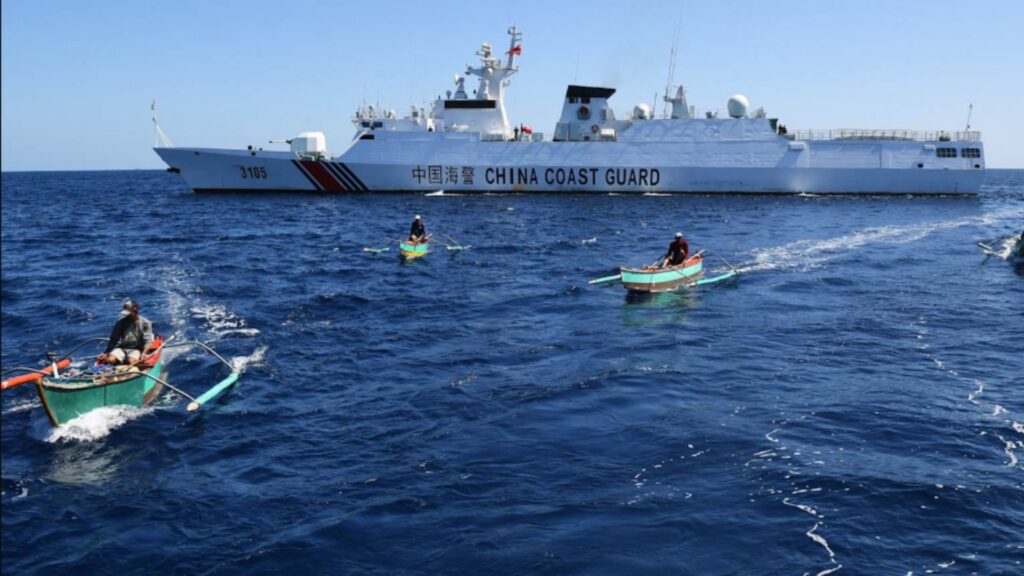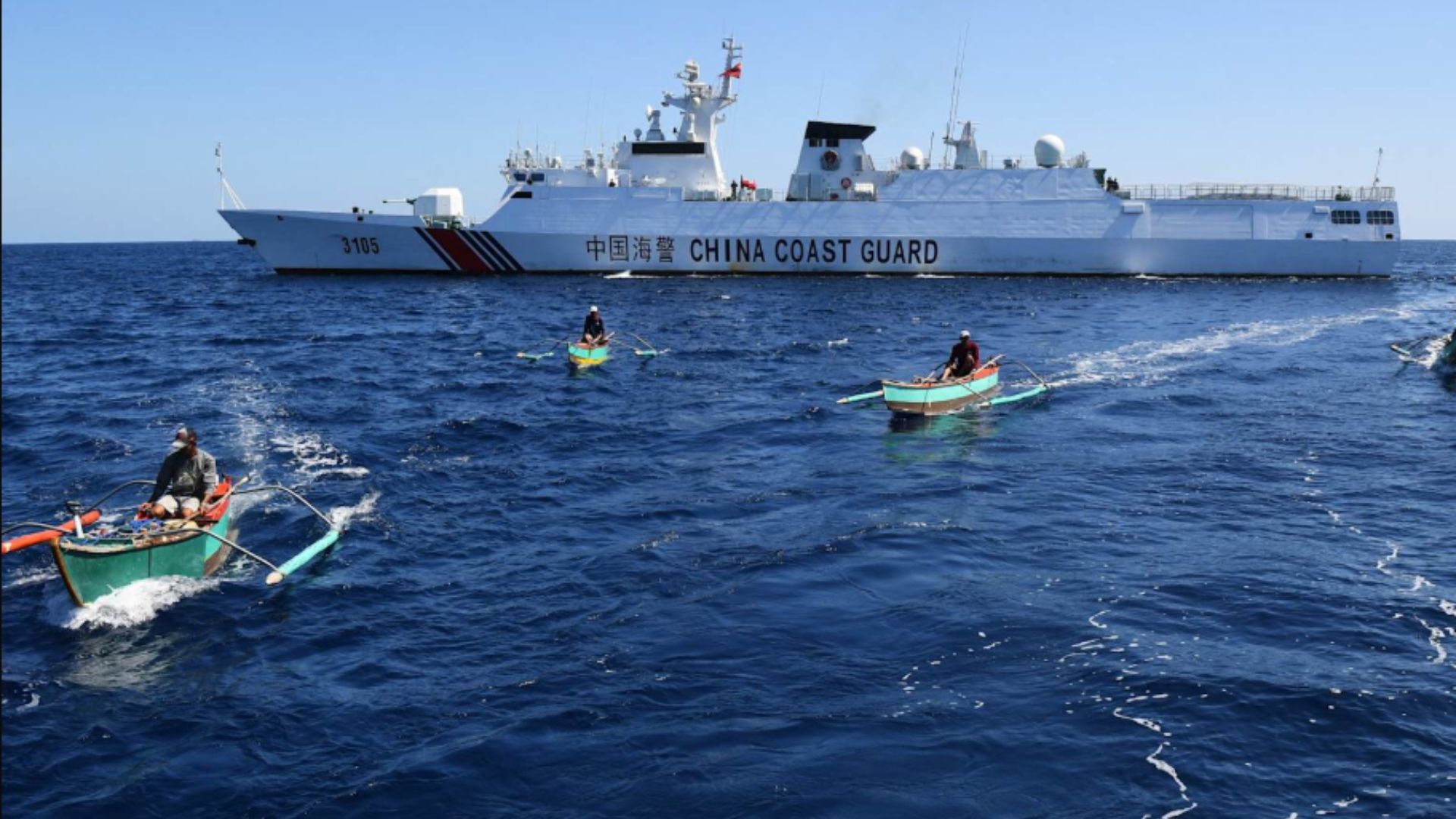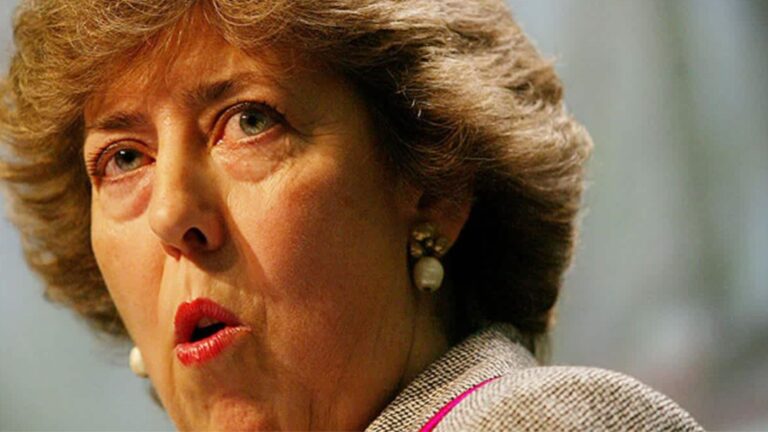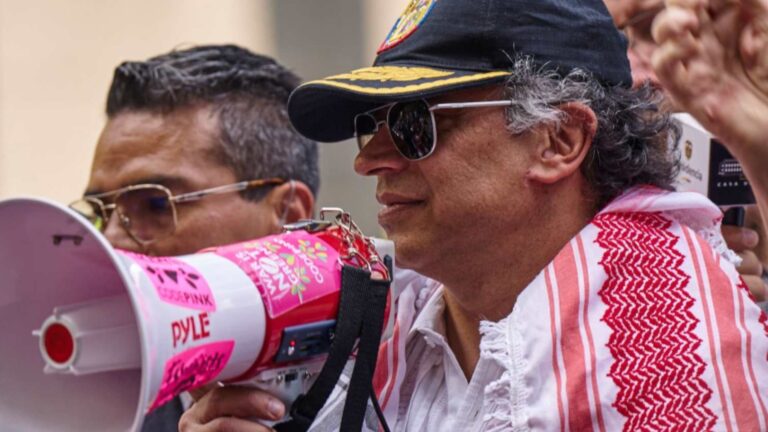
Defense leaders from all 10 ASEAN member states, joined by observer Timor-Leste, concluded their annual Chiefs of Defence Forces Meeting in Kuala Lumpur with a collective appeal to treat South China Sea disputes as regional, not bilateral, issues. Malaysian Chief of Defence Force Gen Tan Sri Mohd Nizam Jaffar underscored that “as individual nations, we are small, but as ASEAN, we have a voice,” urging full adherence to the 1982 United Nations Convention on the Law of the Sea and the Declaration on the Conduct of Parties.
The summit, themed “ASEAN Unity for Security and Prosperity,” came amid rising tensions after China’s announcement of a 3,524-hectare nature reserve at the contested Scarborough Shoal. Philippine Armed Forces Chief of Staff Gen Romeo Brawner Jr. praised Malaysia’s initiative to elevate the South China Sea code of conduct on ASEAN’s agenda, reiterating Manila’s longstanding advocacy for a legally binding agreement.
Fresh Tensions Over Scarborough Shoal
China’s State Council approved the creation of a national nature reserve at Scarborough Shoal—known in Beijing as Huangyan Island—prompting Manila to “strongly protest” what it deems a violation of its exclusive economic zone under international law (AP News). The shoal has been under de facto Chinese control since 2012 and lies along maritime routes facilitating over $3 trillion in annual trade, making its contested status a flashpoint for regional security.
Just hours before the ASEAN meeting’s close, Polish and Dutch jets acting under NATO command intercepted and shot down at least three Russian drones that had violated Polish airspace during a mass Russian assault on western Ukraine. Poland invoked Article 4 of the NATO Treaty for consultations, highlighting how external conflicts can rapidly spill over into multiple security frameworks (Reuters).
Regional Collective Action
In response to both traditional and non-traditional threats, ASEAN defense chiefs agreed to establish a joint task force addressing cybercrime, humanitarian assistance, and disaster relief, distinguishing it from a NATO-style mutual defense pact. Gen Nizam described this as the meeting’s most significant deliverable, noting that enhanced interoperability and shared training exercises will bolster regional resilience.
Malaysia handed over the ACDFM chairmanship to the Philippines, which will host next year’s summit in Manila and has pledged to finalize the South China Sea Code of Conduct by 2026. The joint declaration signed by defense ministers reaffirmed commitments to resolve disputes peacefully under international law, commit to full implementation of the existing Declaration on the Conduct of Parties, and complete the more comprehensive Code of Conduct within the agreed timeline (Bernama).











